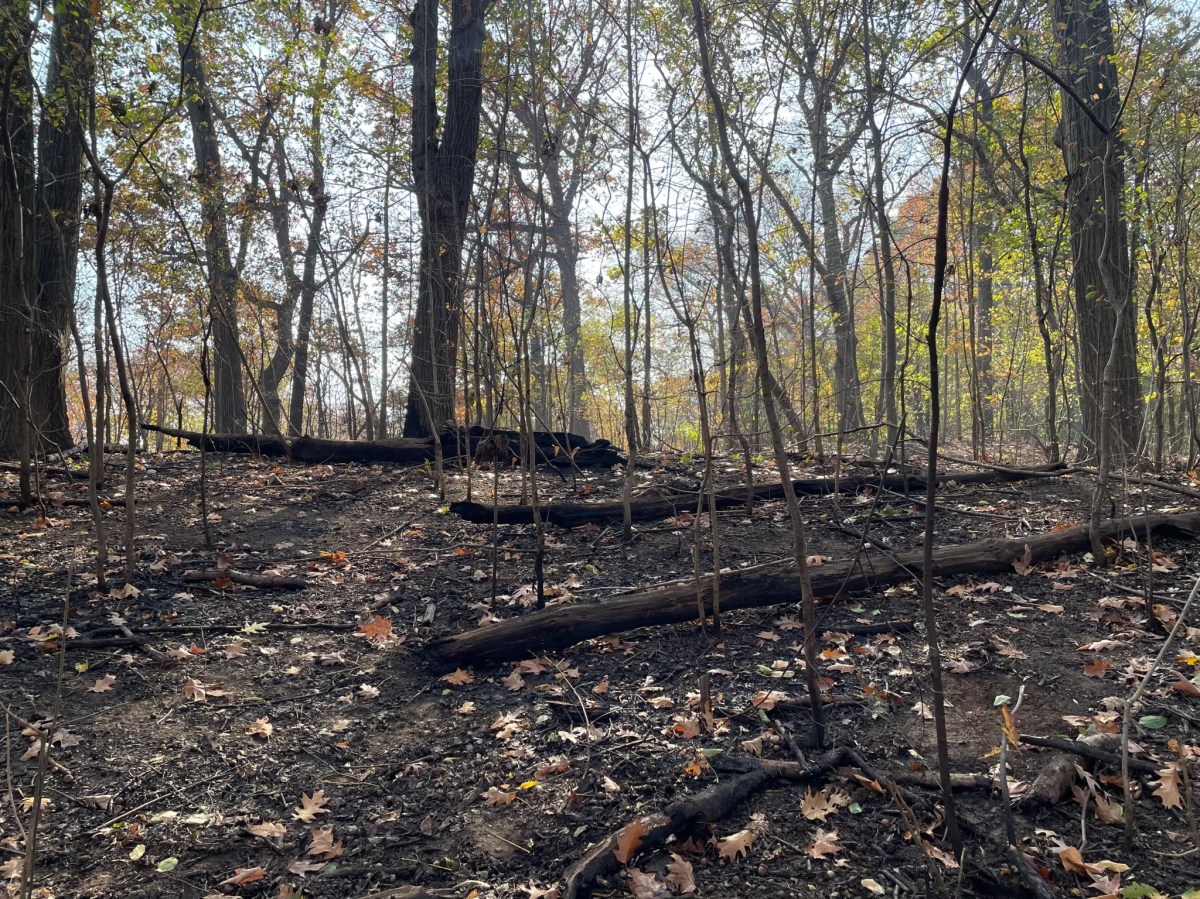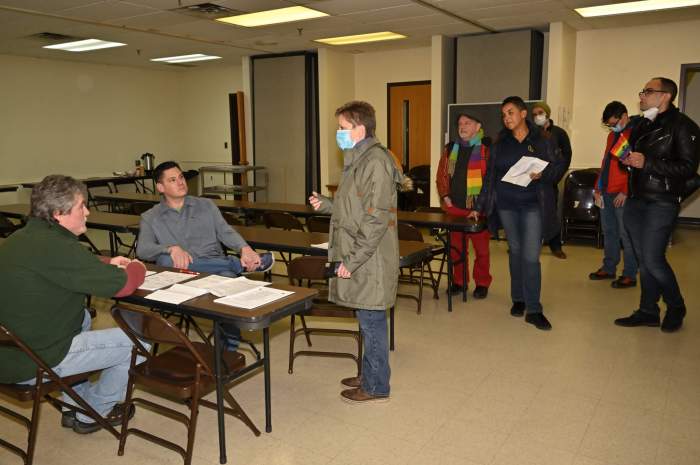By Aline Reynolds
A Stuyvesant Town resident who gave her name as Cissie H. said she fears she might soon be driven out of her rent-controlled apartment due to escalating rents and major capital improvement fees set by her landlord.
The senior’s monthly rent payments, she said, take up more than 50 percent of her income.
“I’m in a Catch-22 — I applied to [private] senior housing, but I don’t make enough,” she said. “But I make too much to qualify for a senior exemption on the rent increase. After 35 years of supporting my community, I’m going to be shoved out. I’m going to be homeless.”
Cissie was one of scores of tenants who rallied on Mon., June 20, to protest annual rent hikes.
“The tenants united will never be defeated!” two large groups chanted as they marched from 14th St. and First Ave. and Chatham Square in Chinatown, converging on The Cooper Union’s Great Hall, at E. 7th St. and Third Ave., where the city’s Rent Guidelines Board held a hearing on proposed regulated-rent increases. They were among the many demonstrators who attended the hearing to testify and voice their support for a rent freeze.
The R.G.B. will vote on the increases on Mon., June 27, for lease renewals of apartments, lofts, hotels and other housing units that are subject to the state’s rent-stabilization law, which legislators in Albany agreed to extend for four years this week.
In tough economic times when tenants are struggling, the R.G.B. is considering a hike of up to 5.75 percent for one-year lease renewals and a 6-to-9-percent hike for two-year lease renewals — significantly higher than last year’s increases of 2.25 percent and 4.5 percent, respectively. The new law would also introduce a heating oil surcharge of 1 percent.
The new rents will go into effect on Oct.1 of this year and extend through Sept. 30, 2012.
Paul Bridgewater, an art dealer who has lived on E. Third St. for three decades and who has AIDS, testifed that he devotes much of his finances to dealing with his health condition.
“Any substantial increase in rent would be devastating to my tiny income,” he told the R.G.B. members.
Bridgewater’s apartment building has practically become a college dorm, he said, since the landlord offers new tenants one-year-maximum leases, causing high turnover and vacancy rates.
To top it all off, Bridgewater’s building makes inefficient use of fuel oil to heat the apartments, he said, forcing him and other tenants to keep their windows open during the winter.
“Considering our landlord’s waste of energy, tenants should not be penalized with an additional fuel surcharge!” he protested.
Borough President Scott Stringer backed Bridgewater and other tenants in testifying against the proposed surcharge, Stringer said, since it would provide an incentive for landlords to keep dirty boilers in place. Sixty-three percent of buildings citywide containing one or more rent-regulated apartments burn dirty fuel oil, according to a report Stringer’s Office released earlier this month.
“At the very least, this ridiculous proposal should be modified so that not a single cent is used to incentivize boilers burning No. 4 and No. 6 home heating oils,” said Stringer.
Councilmember Rosie Mendez, who marched to the R.G.B. hearing with tenants from the East Village and the Lower East Side, is urging the board to keep the coming year’s rent increases below 2 percent for a one-year lease and 4 percent for a two-year lease.
While landlords’ median net operating incomes have risen in recent years — by more than 16 percent from 2008 to 2009, according to the R.G.B. — costs to run the buildings have slightly decreased, according to Mendez.
“Within the communities of my district, there are tens of thousands of rent-stabilized housing units which are at risk of being lost,” Mendez said. “At this time, when the recession has hit working-class New Yorkers very hard, it is critically important that the Rent Guidelines Board take steps to ensure that these units are preserved for our city’s low- and middle-income families.”
Local tenants have seen their incomes drop by 12 percent in the last two years, making higher rents more and more unmanageable, according to Councilmember Margaret Chin, who also testified at the hearing, and marched up to The Cooper Union with a contingent from Chinatown.
Rent increases, Chin said, “should be very narrowly tailored to provide only the income necessary for owners to maintain services, and should burden tenants as lightly as possible, especially since the number of units taken out of stabilization because of luxury and vacancy decontrol continues to rise.”
Sheldon Silver, the state Assembly speaker, is advocating for a complete rent freeze on regulated rents.
“In this difficult economic climate, hard-working New Yorkers simply cannot afford another rent increase,” he said. “Too many New Yorkers have been priced out of their neighborhoods, threatening our city’s supply of affordable housing.”
































